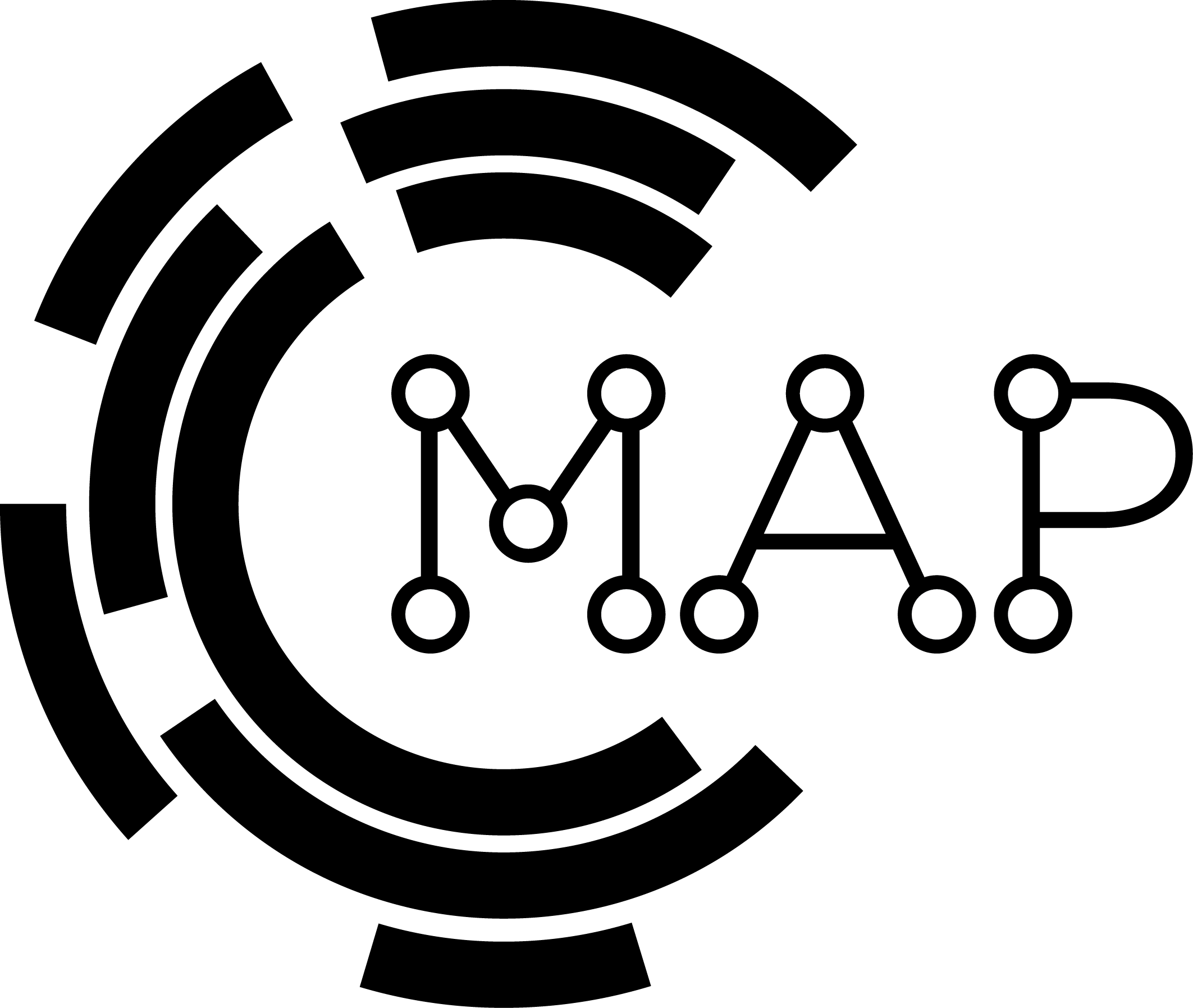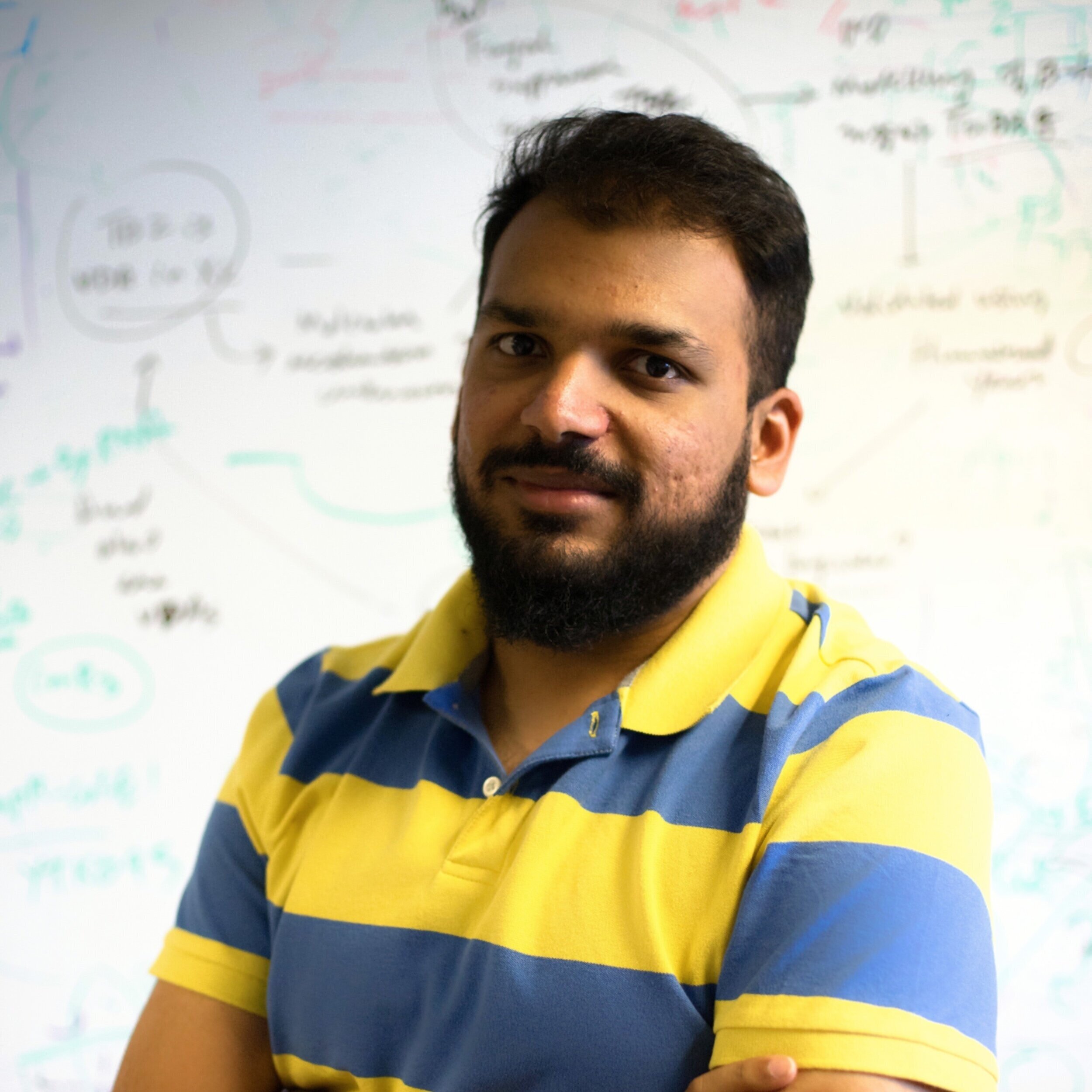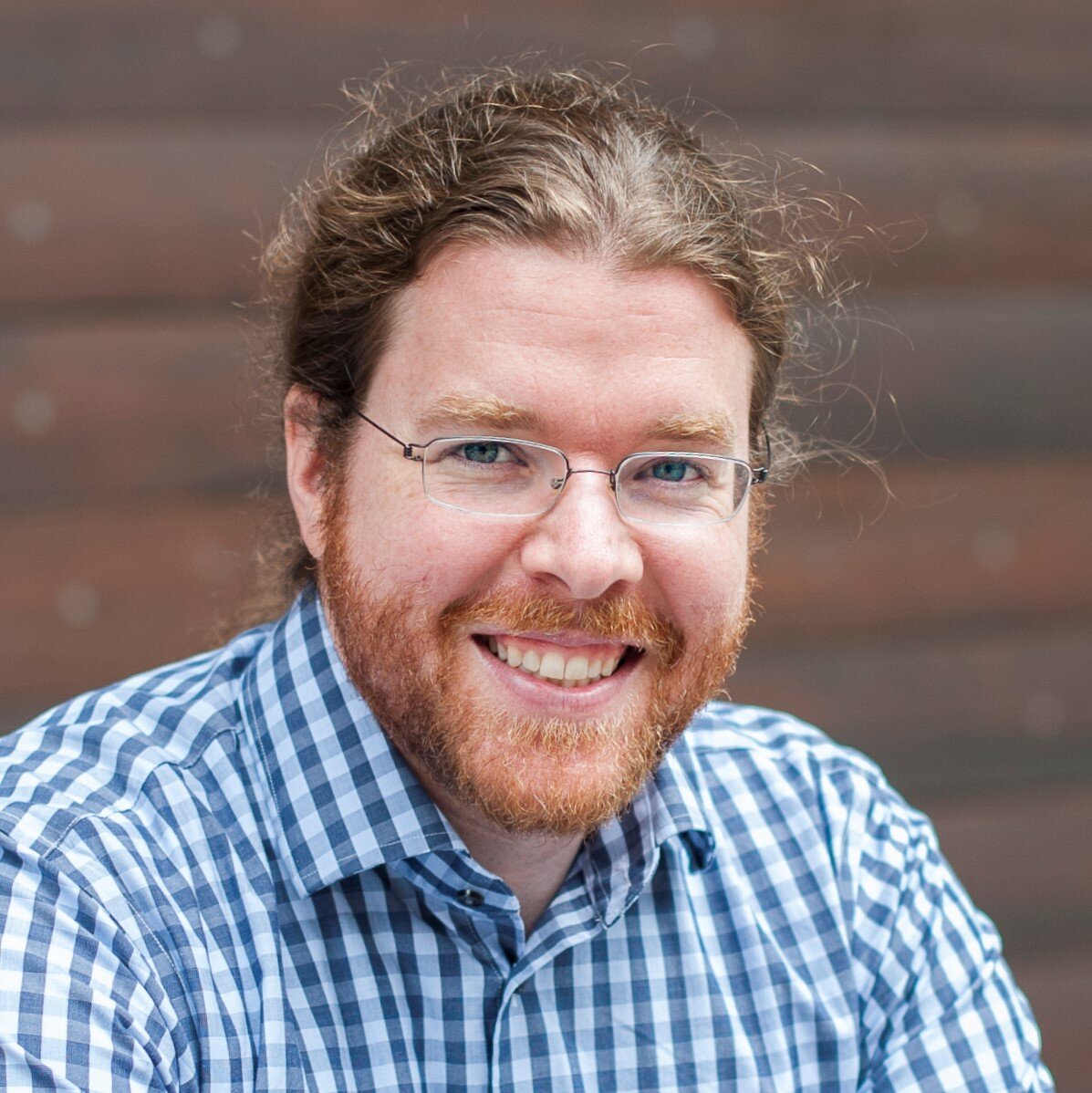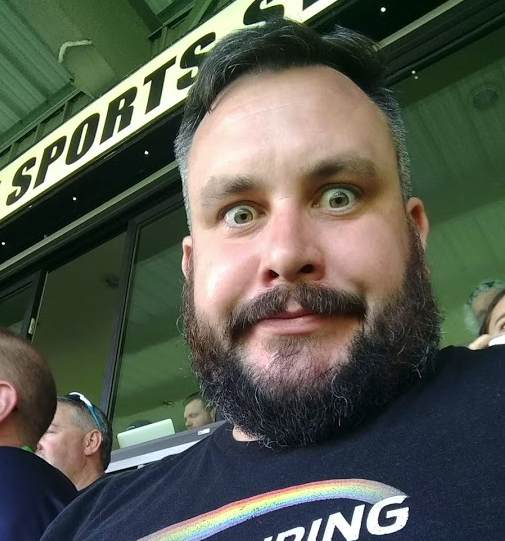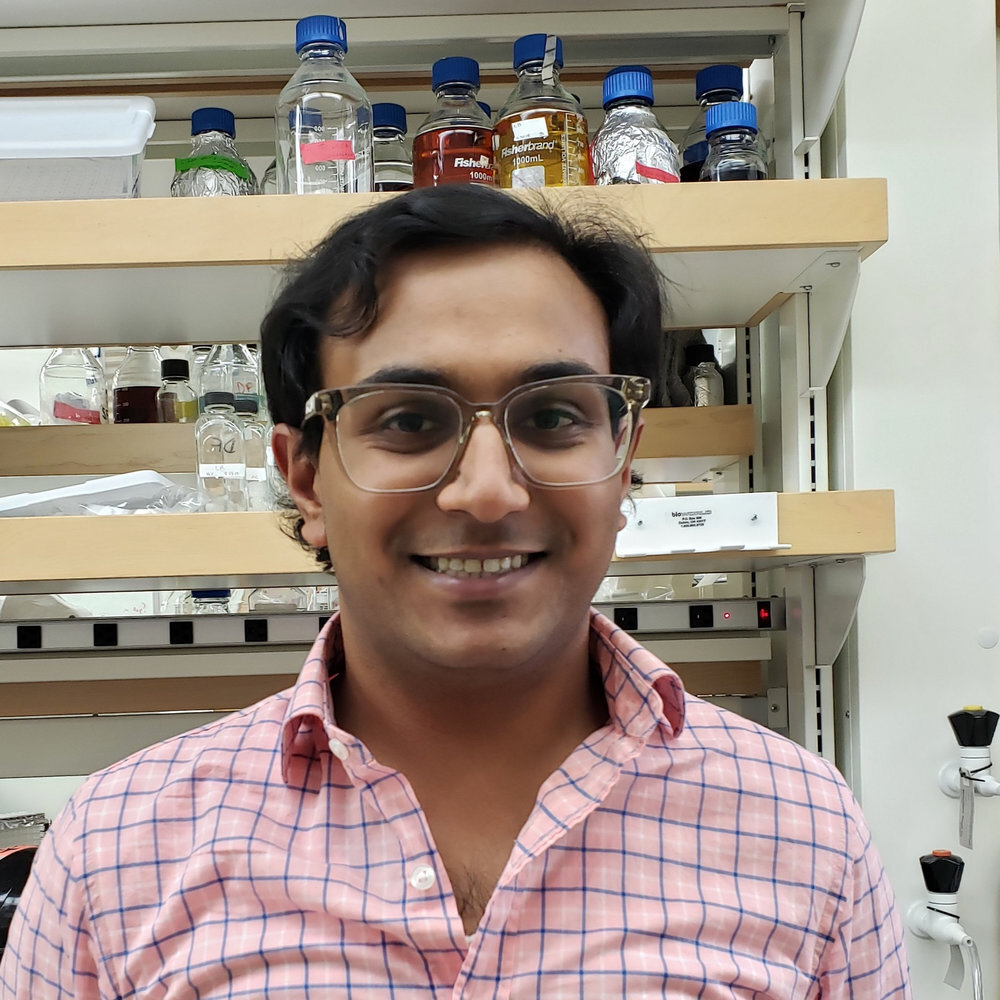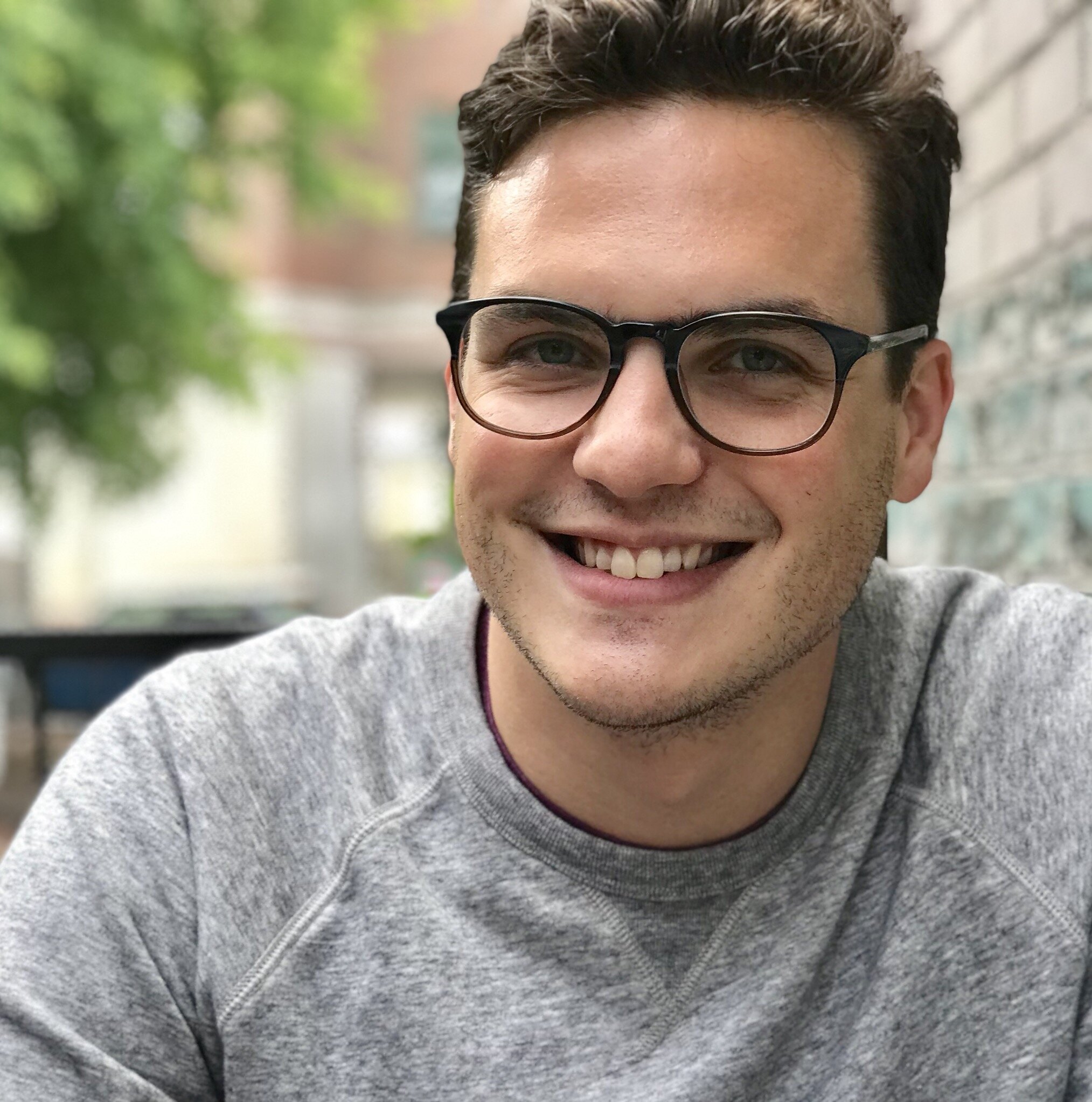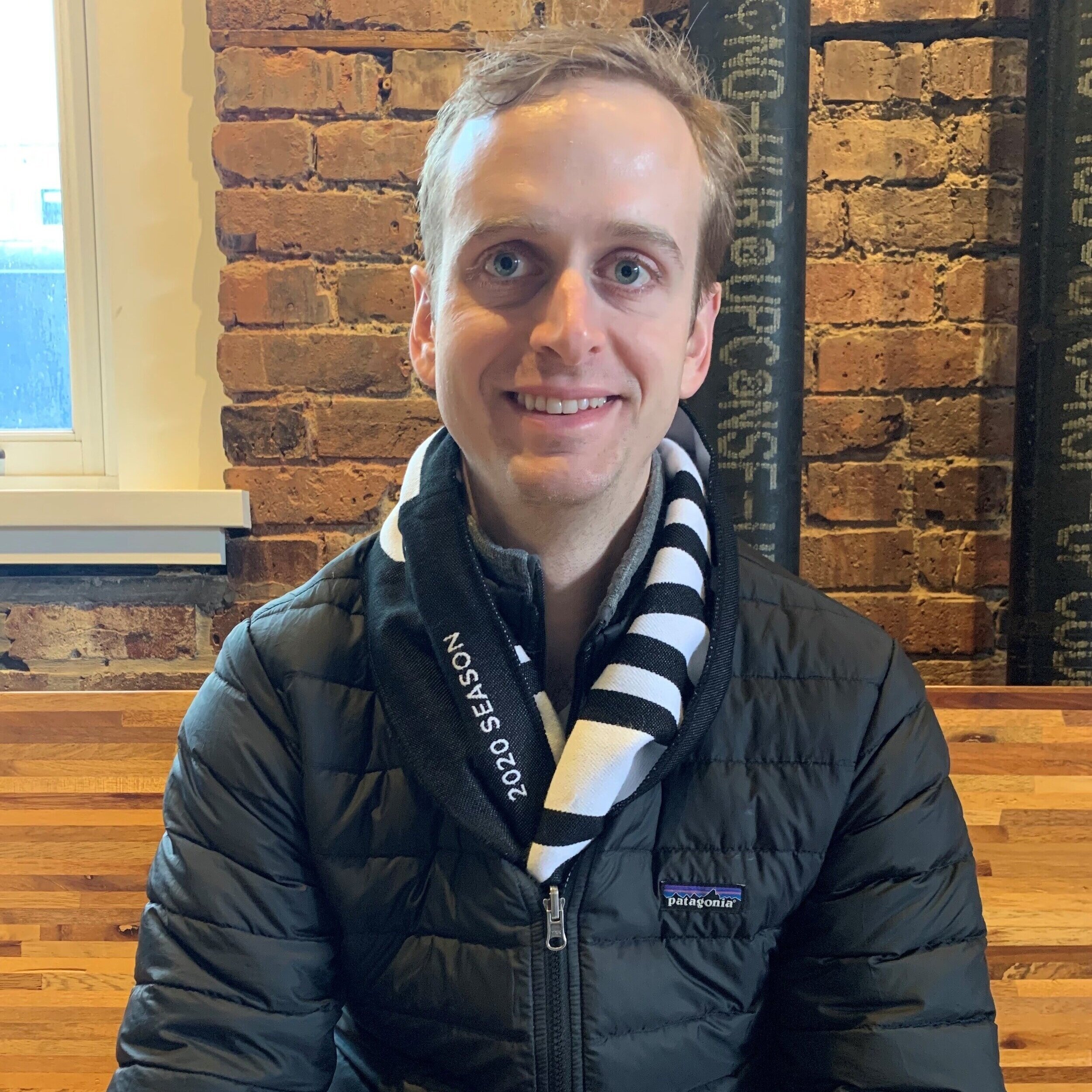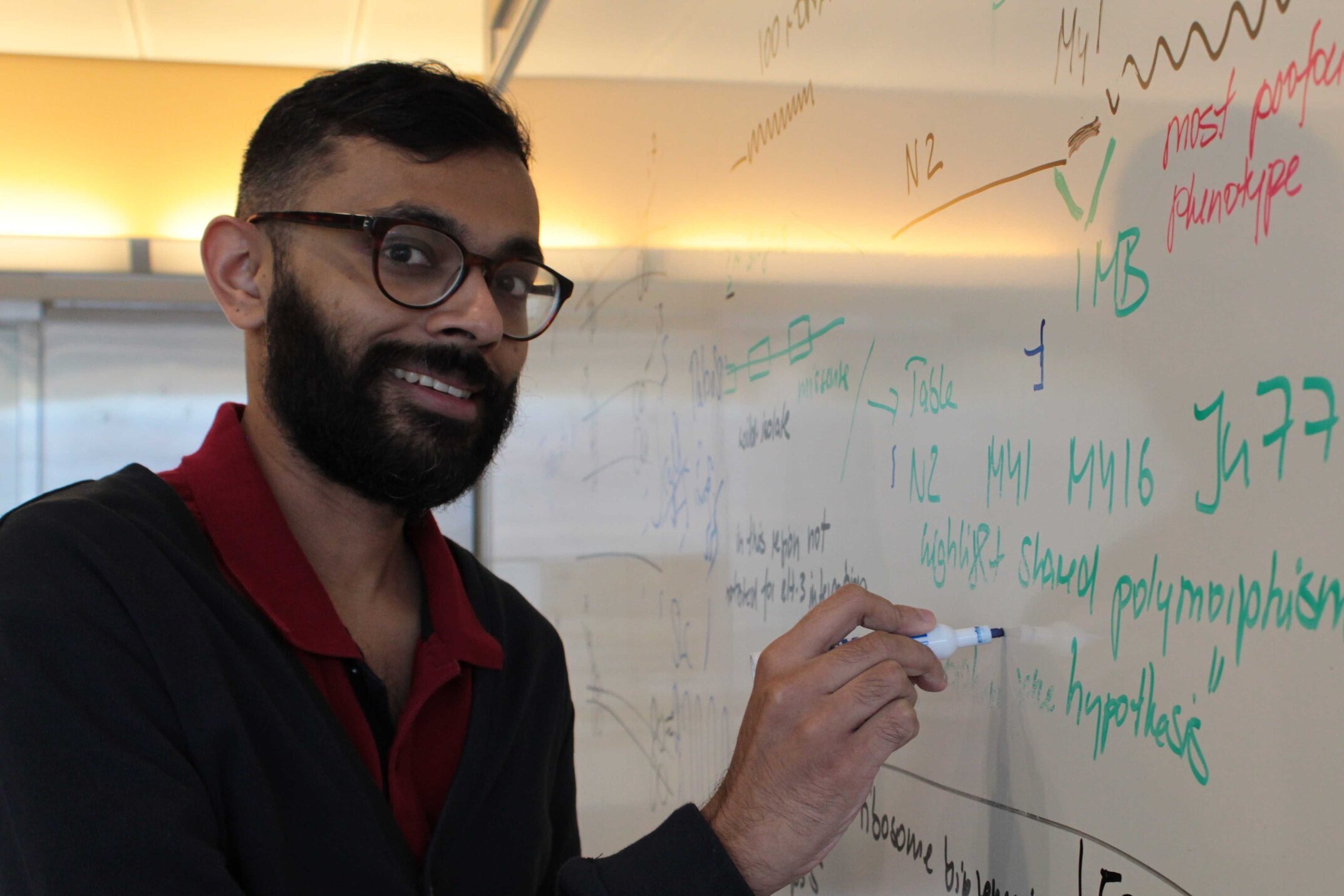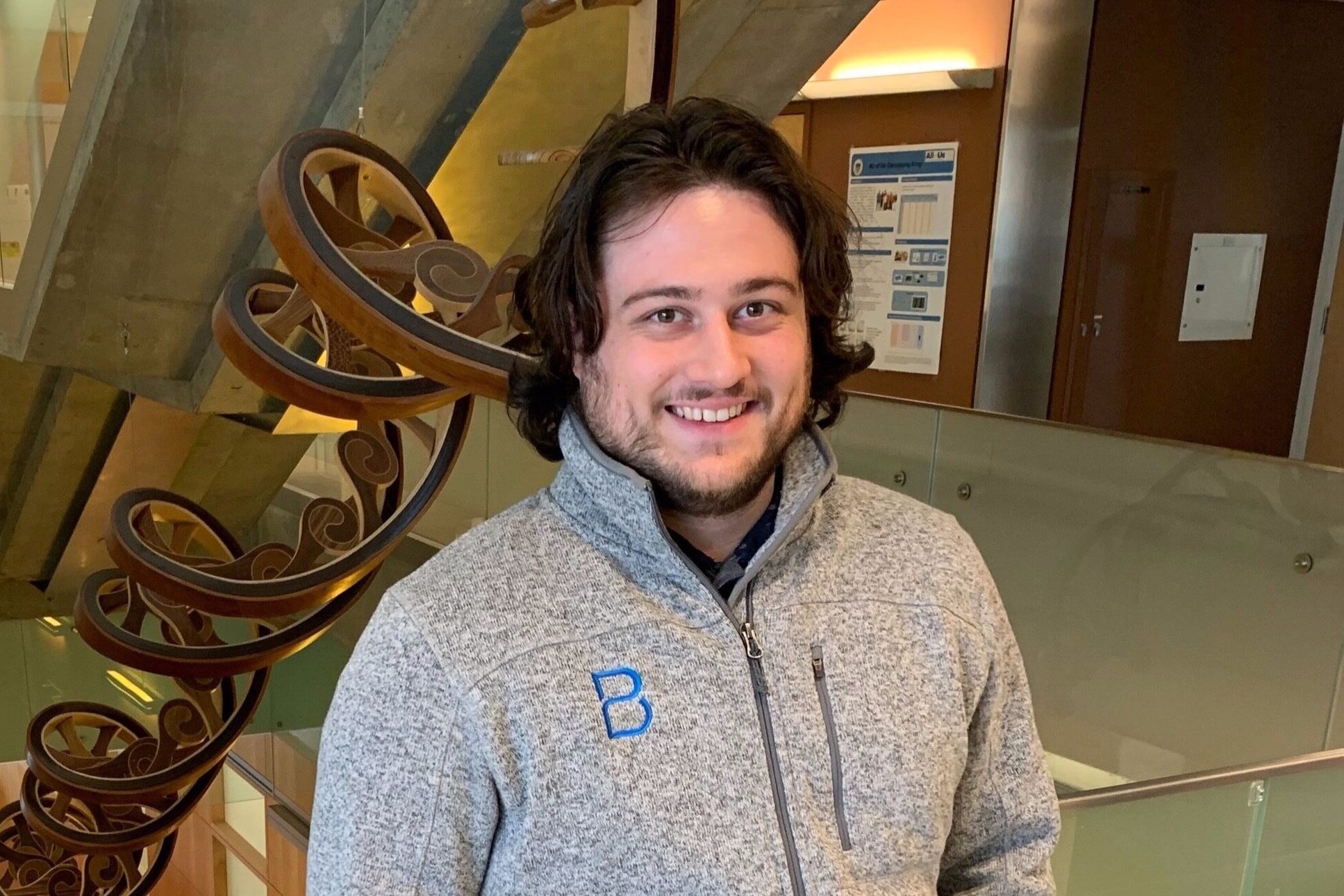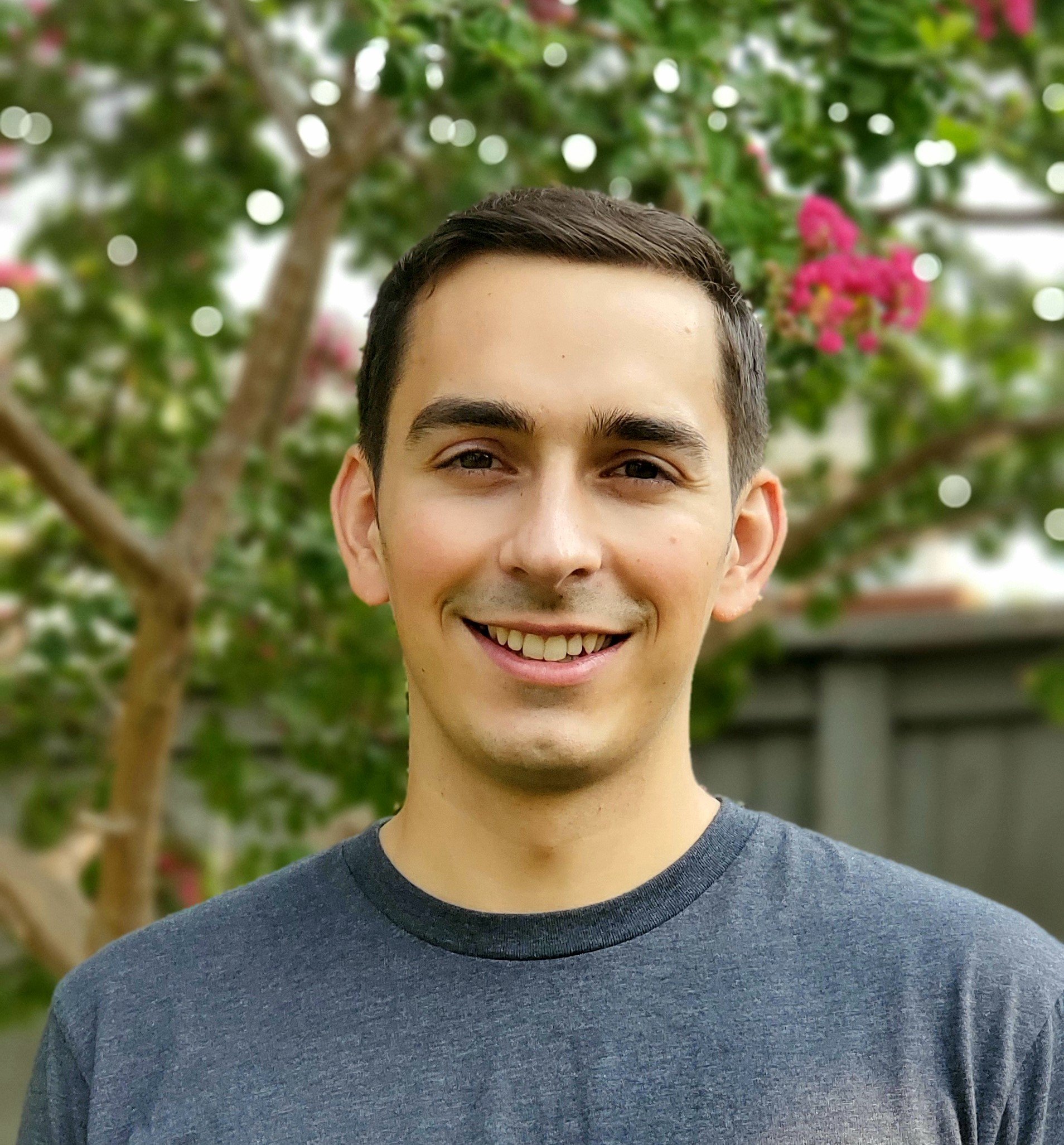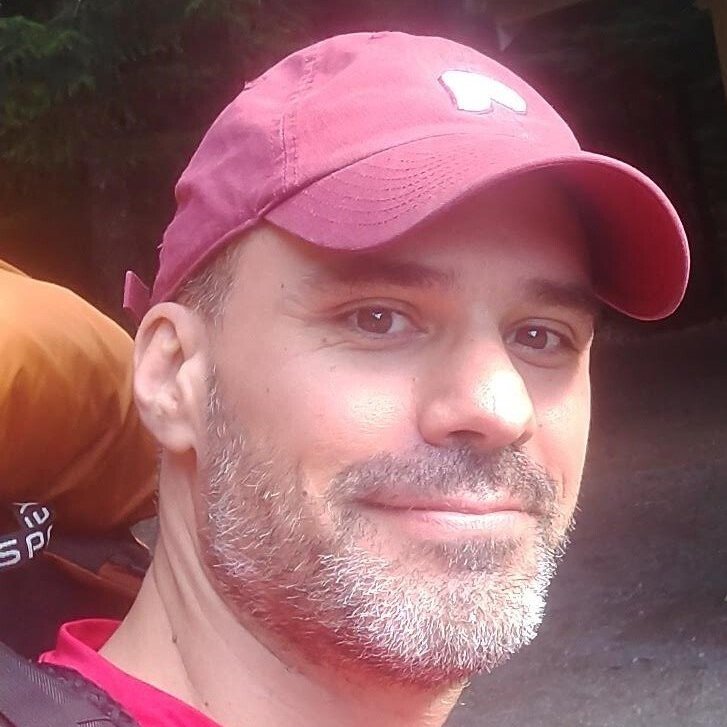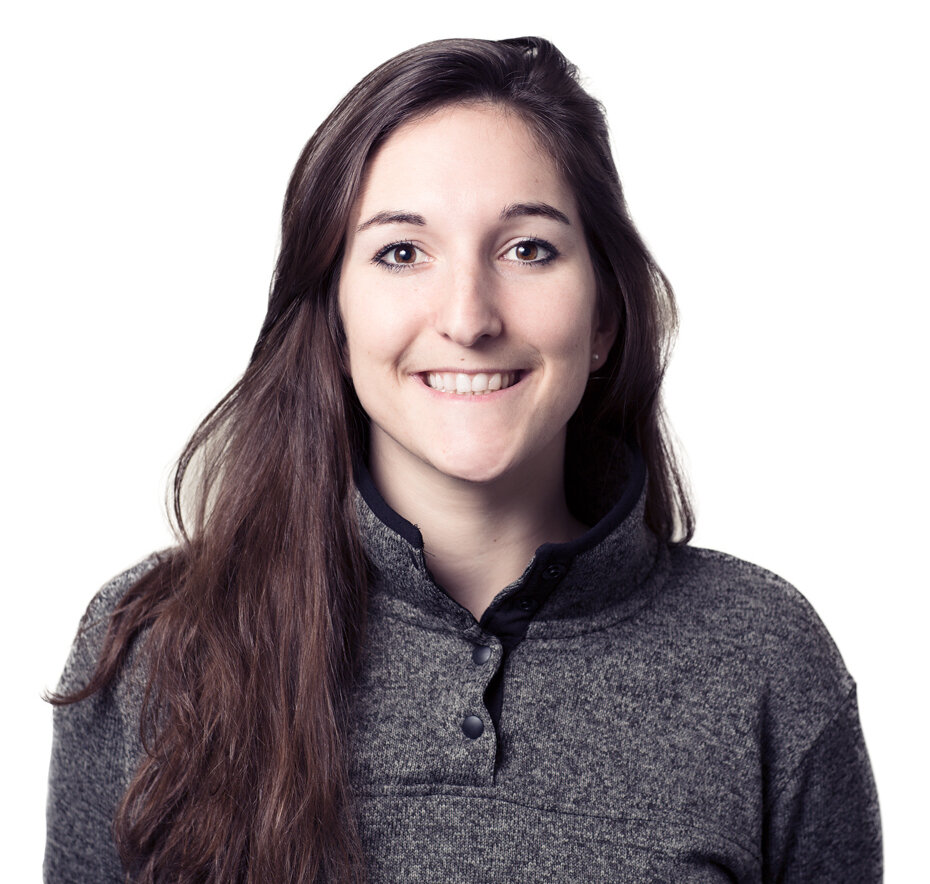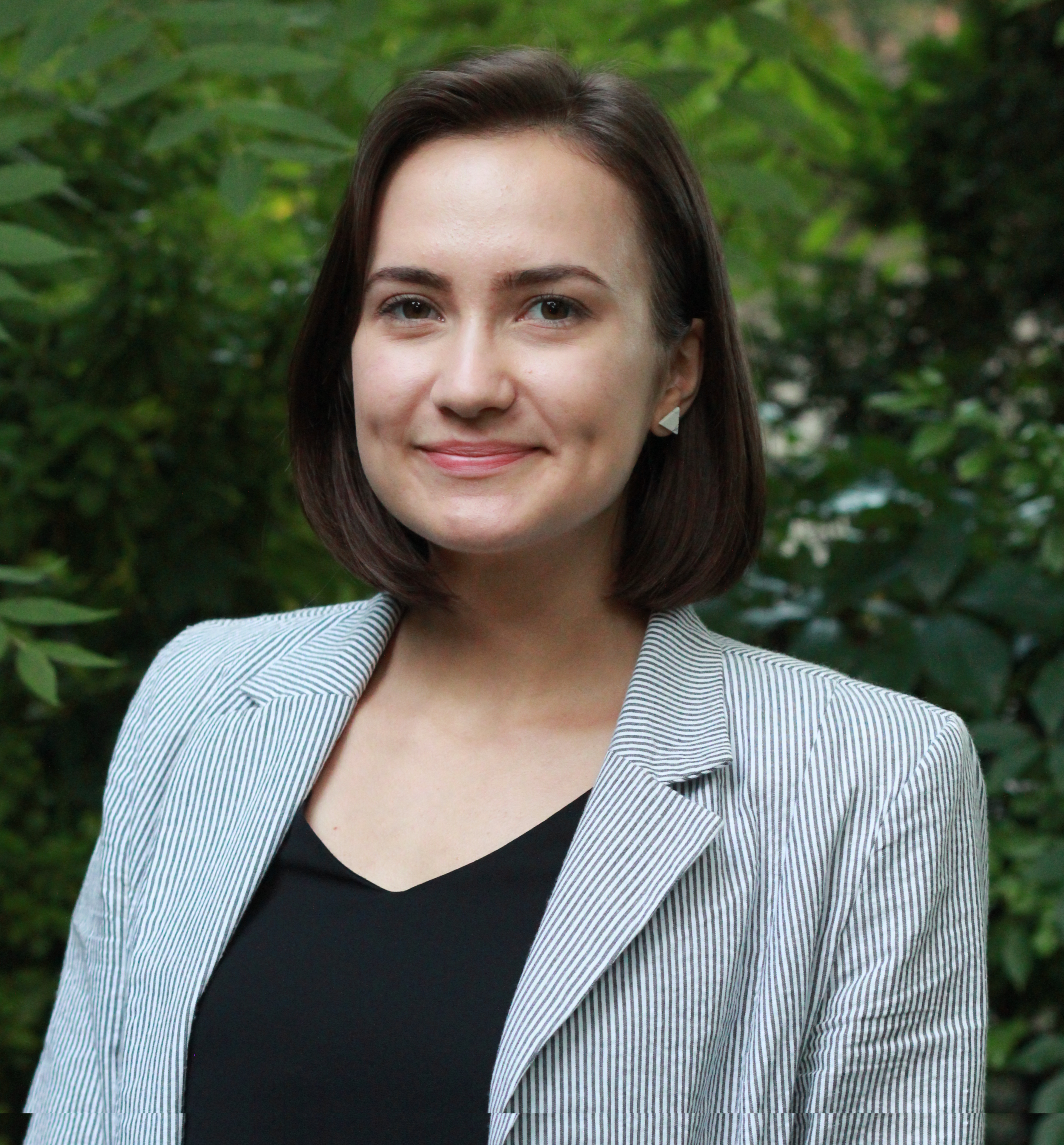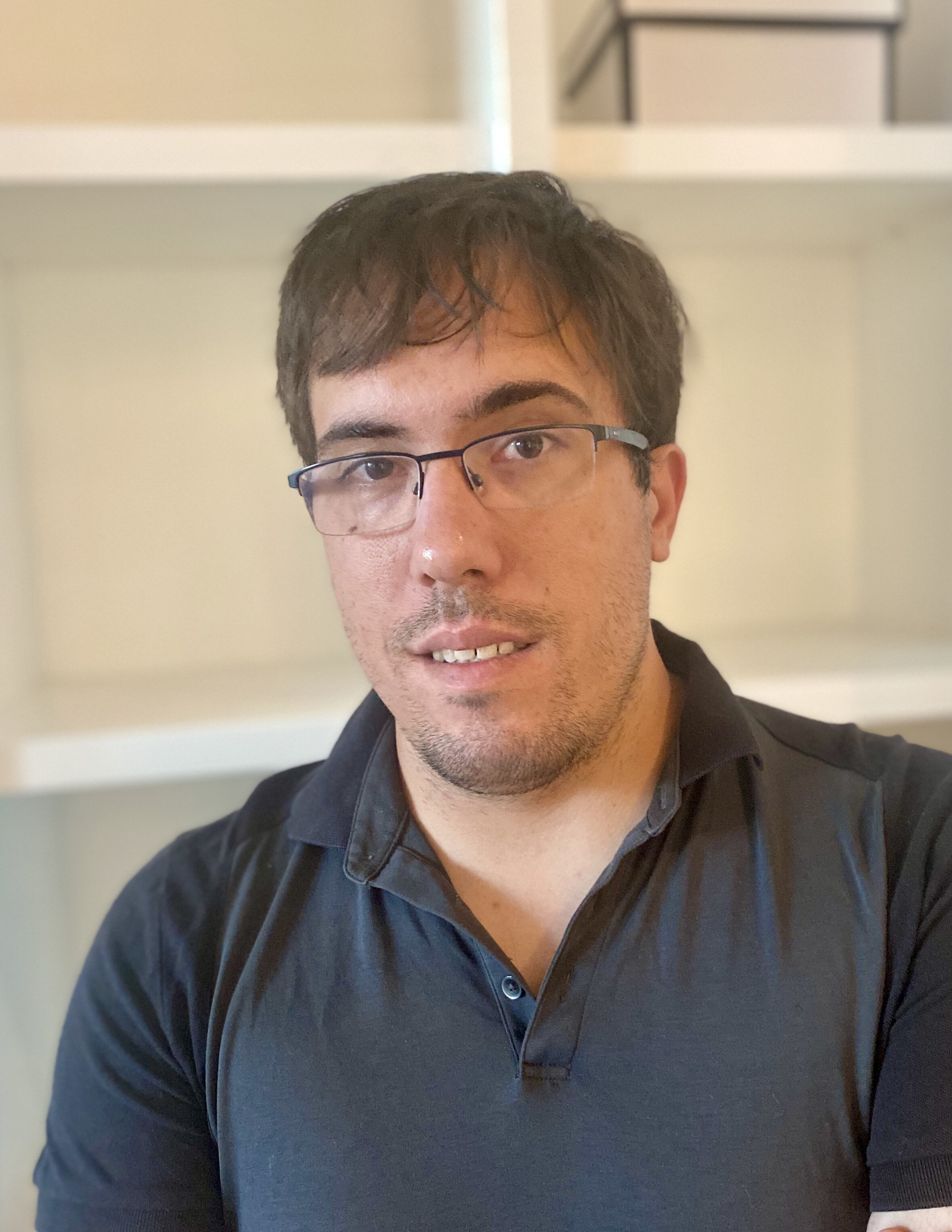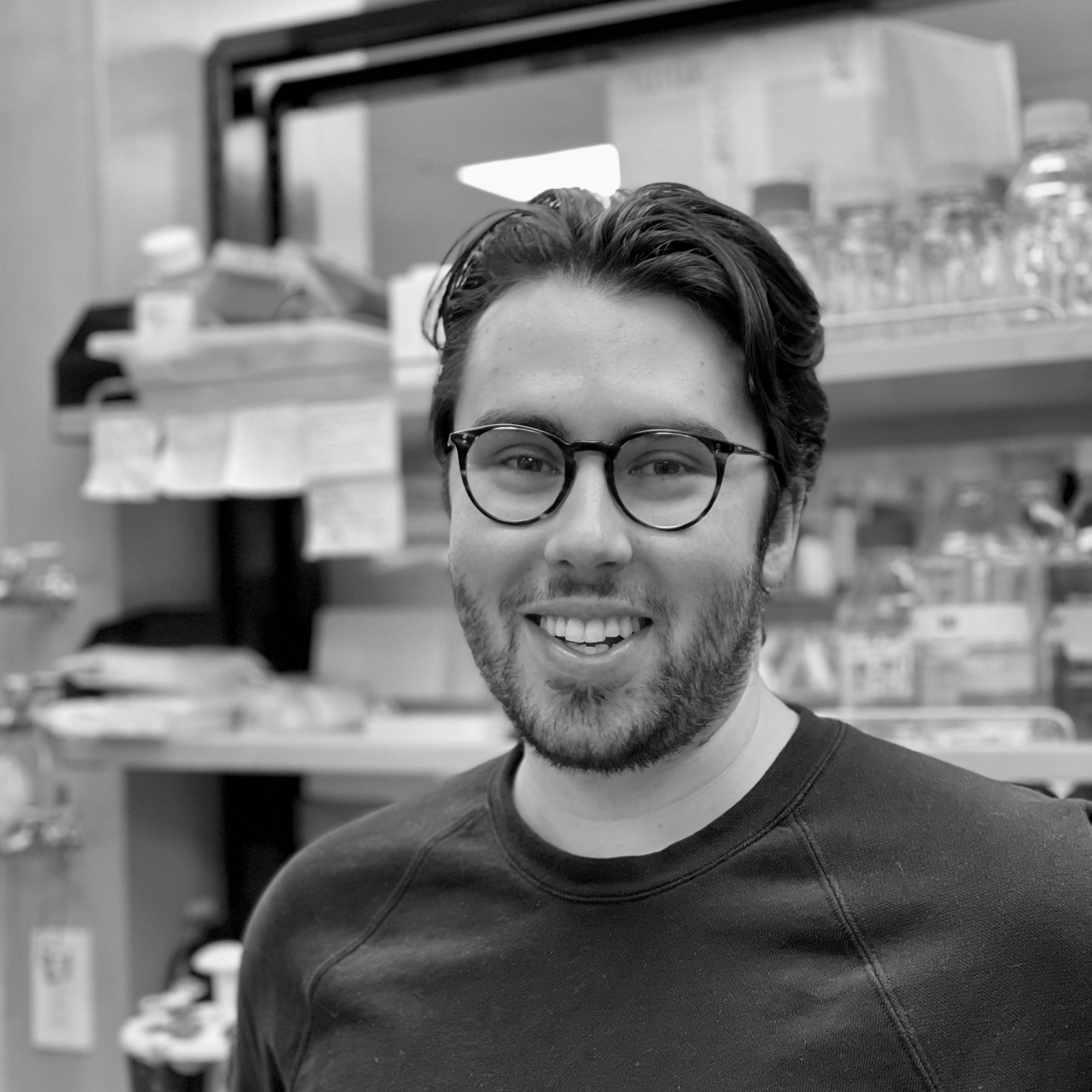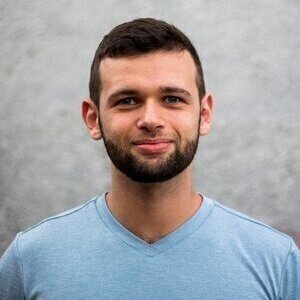Center Team
Principal investigators
Douglas FOwler (he/him), director
Doug is a Professor of Genome Sciences and Bioengineering at the University of Washington. He uses his expertise in protein science, genomics and computational approaches to develop new methods, particularly for understanding genetic variation.
Cole Trapnell, Faculty
Cole is a Professor of Genome Sciences at the University of Washington. He has a background in computer science and is the principal developer of several widely used open-source software tools for analyzing high-throughput sequencing experiments. His lab group focuses efforts on stem cell differentiation, reprogramming and cell-cell communication with the goal of developing technologies to help identify genes that regulate these processes.
Lea Starita (SHE/HEr), faculty
Lea is an Associate Professor in the Genome Sciences department at the University of Washington and co-director of the Advanced Technology Lab at the Brotman Baty Institute for Precision Medicine where she develops massively parallel methods to determine the effects of genetic variation on protein function. Using this approach, she hopes to help solve the problem of variants of uncertain significance by scoring the pathogenic potential of genetic variants before they are found in the clinic.
Frederick (Fritz) Roth (he/him), Faculty
Fritz leads a team jointly located at the University of Pittsburgh and University of Toronto. His group continues to make fundamental contributions to genetic and protein interaction mapping, while having a major focus on developing and applying technology to systematically test the function of human sequence variants.
Judit Villén, Faculty
Judit is an Associate Professor of Genome Sciences at the University of Washington. She develops proteomics methods to study how genetic and post-translational modifications to protein sequences impact protein structure and function.
Christine Queitsch, Faculty
Christine is an Associate Professor of Genome Sciences at the University of Washington. She draws on her expertise in protein folding, gene regulation, and evolutionary genetics to think of new ways to ascertain the functional consequences of genetic variation in coding and regulatory DNA.
nasa sinnott-armstrong, faculty
jay shendure (he/HIM), faculty
Nasa is a professor within the Herbold Computational Biology Program of the Public Health Sciences Division at Fred Hutch Cancer Center. Their research focuses on understanding genotype-phenotype mapping, including modeling of gene-environment interactions.
Jay is an Investigator of the Howard Hughes Medical Institute and a Professor of Genome Sciences at the University of Washington. His lab focuses on the development and application of novel technologies in genetics and genomics.
postdoctoral scholars
Abbye McEwen
Abbye is a cell biologist by training. During her doctoral work, she studied the basic science of cell-cell adhesion in the cadherin-catenin system. She is currently a resident physician interested in using deep mutational scanning to aid in the interpretation of clinical genetics results.
Riddhiman K Garge
Riddhiman’s research interests include evolution, systems, and synthetic biology. In his doctoral work, he mainly used cross-species gene swaps and humanized yeast to study principles of functional divergence among orthologous gene families, human disease, and drug mechanisms. At CMAP he is a joint postdoc between the Shendure and Starita labs where he is interested in developing and applying new omics-based technologies to understand the consequences of genetic variants in human health and disease.
Matthew Berg
Matt’s research explores how loss of translation fidelity impacts proteins, cells and systems using genetic, biochemical, proteomic and systems biology approaches. In his doctoral work, he studied how mutations in transfer RNA (tRNA) genes alter the translation of the genetic code and affect protein synthesis in a process called mistranslation. As a CMAP postdoctoral scholar in the Villén lab, he is developing approaches that couple mistranslation with biochemical selections and mass spectrometry to uncover the impact of amino acid substitutions on protein function proteome-wide.
Curran Oi
Curran is broadly interested in technology development, synthetic biology, and protein engineering. During his doctoral studies, he developed a live-cell super-resolution method to image proteins in yeast using a small peptide fusion tag. This technique is particularly valuable for observing proteins that are sensitive to direct fusion with fluorescent proteins. At CMAP in the Queitsch and Fields labs, Curran is working to establish Drosophila melanogaster as a model organism for deep mutational scanning experiments, to evaluate gene variants in tissue- and environment-specific contexts at scale.
members
Former Members :
Kerry Bubb, Queitsch Lab
Jochen Weile, Roth Lab
Adrine de Souza, Roth Lab
Atina Cote, Roth Lab
Gladys Fongong, Administrative Support
Bryan Andrews, Fields Lab
Jack Castelli, Roth Lab
Melissa Chiasson, Fowler Lab
Michael Dorrity, Queitsch Lab
Nick Hasle, Fowler Lab
Isaiah Hazelwood, Roth Lab
Aanchal Mehrotra, Brotman Baty Institute
Snehal Nariya, Fowler Lab
Andrej Patoski, Brotman Baty Institute
Kara de Leon, Brotman Baty Institute/Starita Lab
Ian Hill, Brotman Baty Institute/Shendure Lab
Ian Smith, Villen Lab
Valentina Grillo-Alvarado, Queitsch Lab
Rosanna Jiang, Roth Lab
Maria Nguyen, Roth Lab
Joe Wu, Roth Lab
Kyle Hess, Villen Lab
Kevin Wang, Roth Lab
Brandon Cho, University of Toronto
Morgan Hamm, Queitsch Lab
Tobias Jores, Fields Lab
Kevin Kuang, Fowler Lab
Marinella Gebbia, Roth Lab
Sayeh Gorjifard, Roth Lab
Matt Harrington, Fowler Lab
Nick Popp, Fowler Lab
Moez Dawood, Intern
Zhi Ming Cheng, Intern
Clayton Friedman, CMAP Training Fund
Yuzhen Liu, CMAP Training Fund
Florence Chardon, Shendure and Starita labs
Ruth Groza, Fields lab
Andrew Savinov, Fields lab
Lauren Saunders, Trapnell Lab
Kevin Kuang, Roth Lab
Aditya Chawla, Roth Lab
Iosifina Fotiadou, Roth Lab
Ryan Karima, Roth Lab
Nishka Kishore, Roth Lab
Jennifer Knapp, Roth Lan
Radha Subramaniam, Roth Lab
Elizabeth Kwan, Queitsch Lab
Roujia Li, Roth Lab
